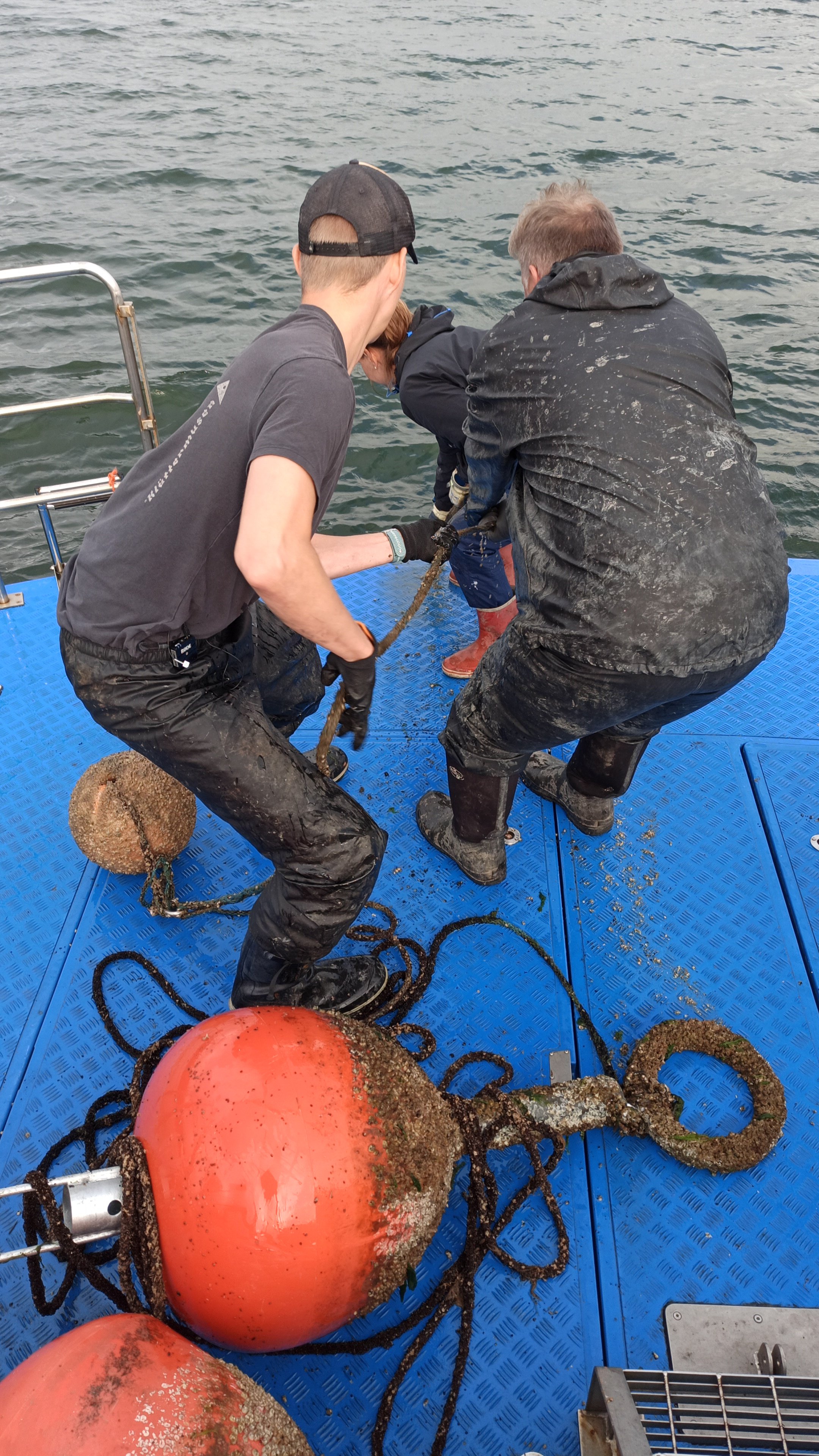
Role: On-field Sound Recordist
Spectacular Specimen is a documentary film about specimen collection at the Archipelago Sea. It pictures scientists' relations with the Baltic Sea and how the spectacular specimen affects people.
Cinematography: Daniel Gorsky & Mónica Celeste
Sound Recording: Surabhi Nadig
Music: Miika Kantola
Directing & Editing: Mónica Celeste
Please request for a link to view the film.

Mónica and Daniel moving equipment











Research hauling up core sediment samples


